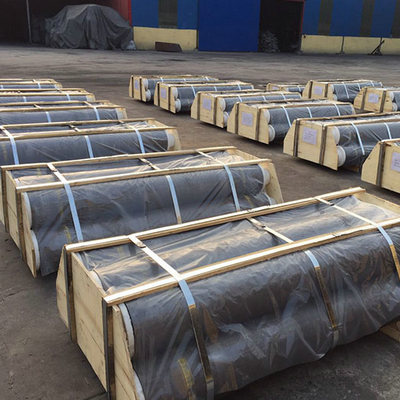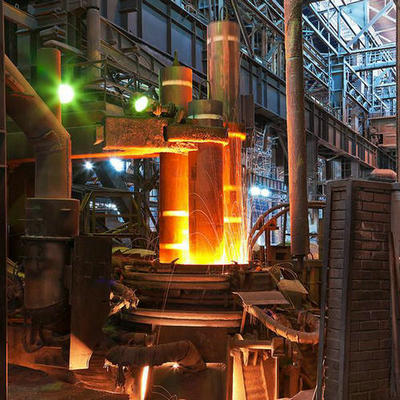Graphite electrodes are widely used in various industries due to their exceptional properties and versatility. Among the different materials available for electrode manufacturing, graphite has emerged as a preferred choice, primarily due to its unique combination of outstanding conductivity and high resistance to heat and chemical corrosion.
Why is graphite used as electrodes
I:Exceptional Conductivity:
One of the primary reasons for using graphite as electrodes is its excellent electrical conductivity. Graphite exhibits a high degree of electron mobility, allowing it to efficiently transport electrical current. This property ensures efficient energy transfer in electrochemical reactions.
II:Heat Resistance:
Graphite possesses an exceptional ability to withstand high temperatures, making it an ideal material for use as electrodes. The interlayer bonding in graphite is weak, allowing the layers to slide apart easily. This unique structure makes graphite highly resistant to thermal shock and enables it to maintain its structural integrity even under extreme heat conditions.
III: Chemical Stability:
Graphite electrodes also showcase remarkable resistance to chemical corrosion. They are not easily affected by the harsh chemical environments present in industrial processes, such as metal refining and electrodeposition. This chemical stability ensures the electrodes’ longevity and reduces the need for frequent replacements.
IV:Low Thermal Expansion:
Another advantage of graphite electrodes is their low thermal expansion coefficient. As they heat up during operations, graphite electrodes expand minimally, minimizing the risk of stress-induced cracks or fractures. This property contributes to the overall durability and reliability of the electrodes, ensuring their longevity.
V:Versatile Applications:
Apart from the steel industry, graphite electrodes find diverse applications in various sectors. They are extensively used in the production of non-ferrous metals, such as aluminum, copper, nickel, and titanium. Additionally, graphite electrodes play a crucial role in the manufacturing of chemicals, including chlorine, fluorine, and sodium hydroxide, through electrolysis processes.
VI. Environmental Sustainability:
Graphite electrodes have gained increased attention in recent years due to their environmental sustainability. Compared to traditional carbon electrodes, graphite electrodes have lower carbon emissions during the steel production process. Additionally, graphite’s high thermal conductivity contributes to energy efficiency, reducing overall power consumption.
VII. Economic Considerations:
While graphite electrodes may have a higher initial cost compared to alternative materials, their superior properties and long service life make them a cost-effective choice in the long run. Graphite electrodes’ resistance to breakage and oxidation ensures fewer replacements, reducing downtime and maintenance costs.
Graphite electrodes properties offer excellent unparalleled conductivity, exceptional heat resistance, chemical stability, and low thermal expansion coefficient, making them an ideal choice for various industrial applications. Their versatility, environmental sustainability, and long-term cost-effectiveness make them highly valued in steel production, non-ferrous metal refining, and chemical manufacturing. As technology continues to evolve, graphite electrodes are likely to witness further improvements, solidifying their position as the go-to material for efficient and reliable electrode systems.
Post time: Jul-28-2023








